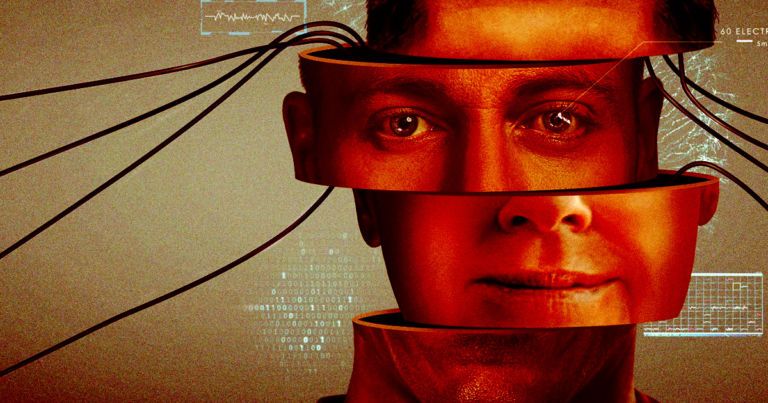May 5, 2020
Out Of This World! Tom Cruise Plots Movie To Shoot In Space With Elon Musk’s SpaceX
Posted by TJ Wass in categories: Elon Musk, entertainment, space travel
Tom Cruise is going to film in space thanks to Elon Musk.
EXCLUSIVE: I’m hearing that Tom Cruise and Elon Musk’s Space X are working on a project with NASA that would be the first narrative feature film – an action adventure – to be shot in outer space. It’s not a Mission: Impossible film and no studio is in the mix at this stage but look for more news as I get it. But this is real, albeit in the early stages of liftoff.
Mission: Impossible Fallout took a break, literally when he broke his ankle in a leap from one rooftop to the other and he also hung from a helicopter; he hung from the side of a jet plane during takeoff in Mission: Impossible Rogue Nation, and in Mission: Impossible: Ghost Protocol he scaled the Burj Khalifa, the Dubai skyscraper, and executed stunts 123 floors up. He is meticulous in preparing these stunts he does, which are frightening just to watch.


















